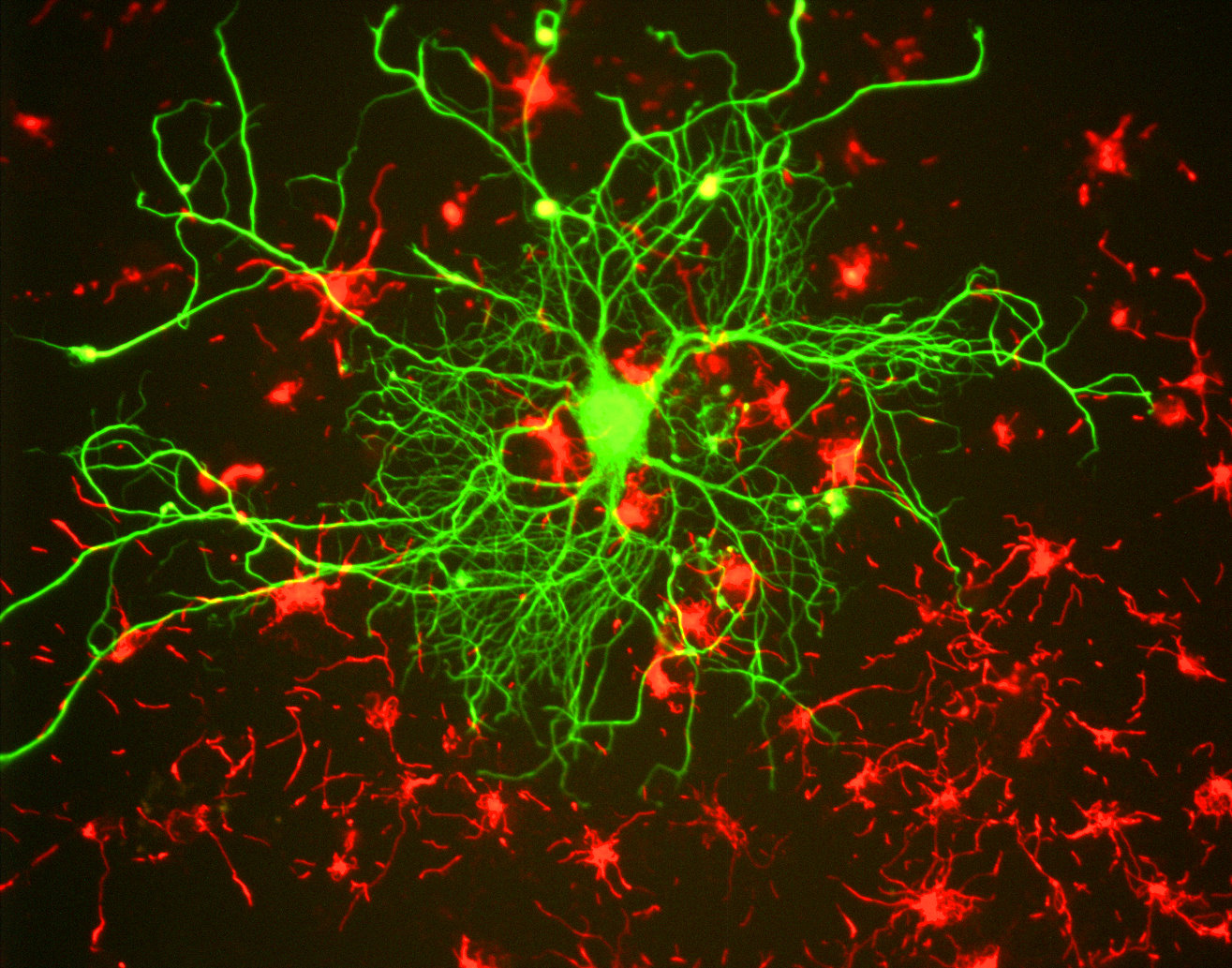AI-discovered candidates show promise in ALS

Drug candidates discovered using an AI platform for the treatment of motor neurone disease have shown promise in initial cell studies.
In research by the Sheffield Institute for Translational Neuroscience (SITraN), two experimental candidates found by British AI firm BenevelontAI prevented the death of motor neurones in patient cell models, leading to a delayed onset of disease.
Motor neurone disease, or Amyotrophic Lateral Sclerosis (ALS), is a progressive disease that causes motor neurones to gradually lose their function. This leads to patients with the condition to lose important muscle activity over time, including the ability to walk, speak and swallow.
The condition is rare, affecting around two in every 100,000 UK citizens every year. Around 5,000 people currently live with the condition in the UK.
“This is an exciting development in our research for a treatment for ALS," said Dr Richard Mead of SITraN. "BenevolentAI came to us with some newly identified compounds discovered by their technology - two of which were new to us in the field and, following this research, are now looking very promising."
In the US, only two drugs are approved for ALS: Sanofi and Martindale's 1995-approved Riluzole and Mitsubishi Tanabe's recently approved Edaravone.
An oral formulation of Edaravone, under development by Netherlands-based Treeway, received orphan status in the US and Europe in 2015. The company is looking to push on with phase 2/3 of its ADORE (ALS Decelerating study with Oral Edaravone) study as soon as possible.
Life expectancy in people with ALS is between two and five years.
SITraN is now moving to the next stage of its research to assess the suitability and potential for clinical development of the two candidates.
For BenevolentAI, the candidates are the first example of success for its AI platform. Employing deep learning and data mining techniques, the company's core technology analyses massive amounts of scientific information to provide actionable insights and potential drug targets or candidates.
The company is currently working with MRC Technology to help identify new small molecule and antibody drug candidates. Janssen Pharmaceutical also recently licensed a range of its drug candidates to BenevolentAI, giving the AI firm sole rights to develop, manufacture and commercialise the candidates in all indications and in all territories.












